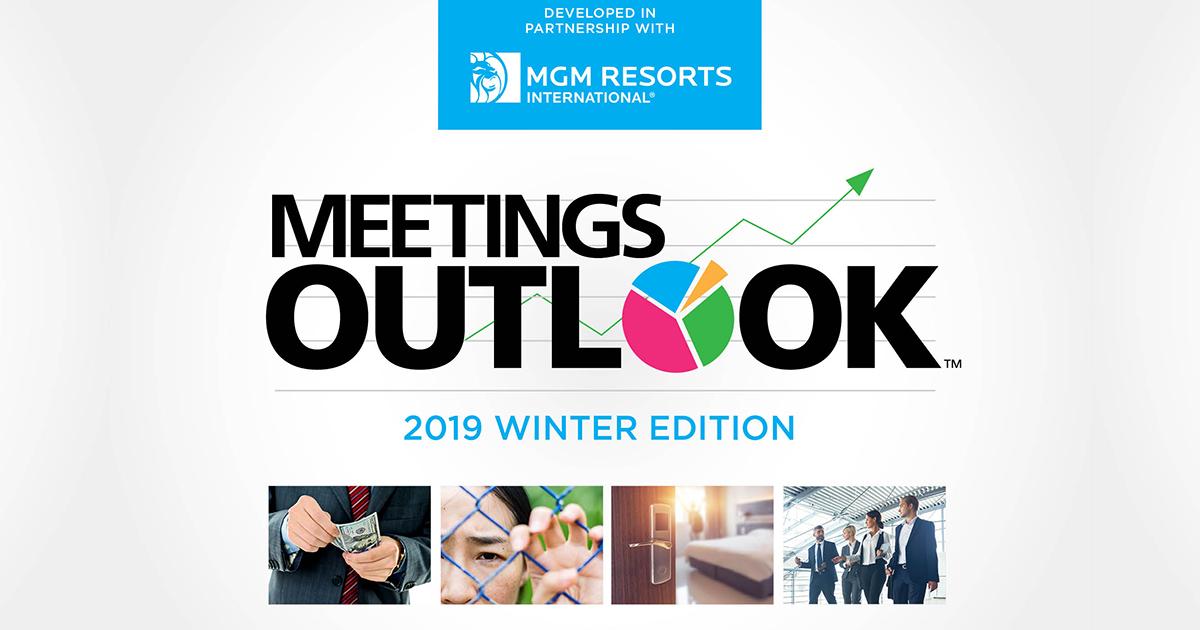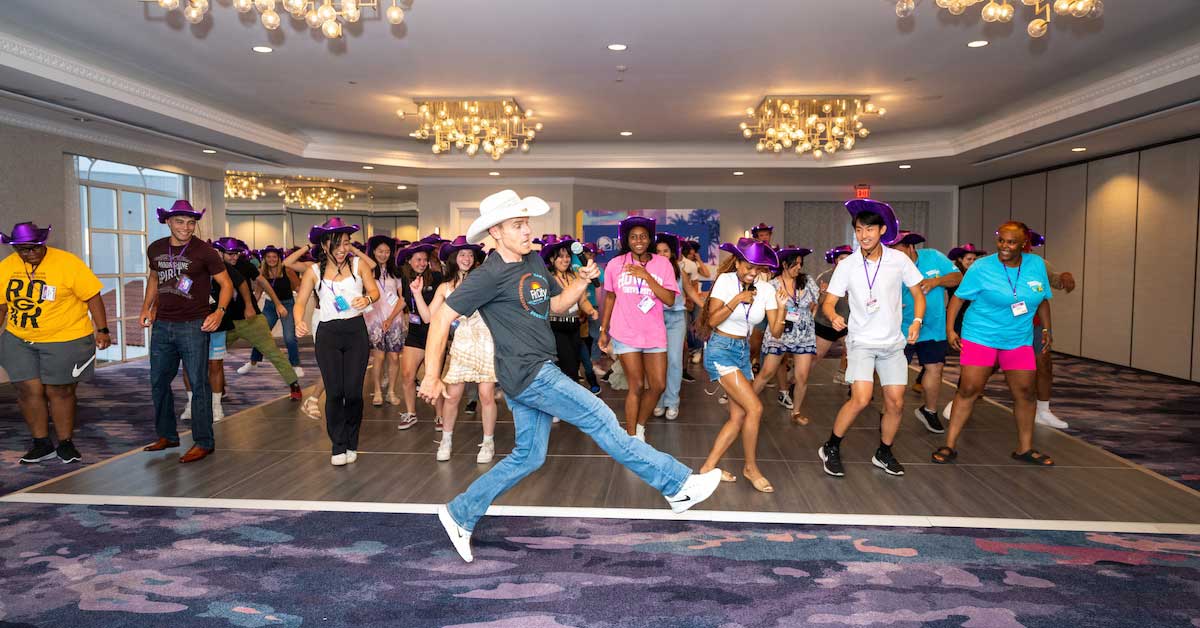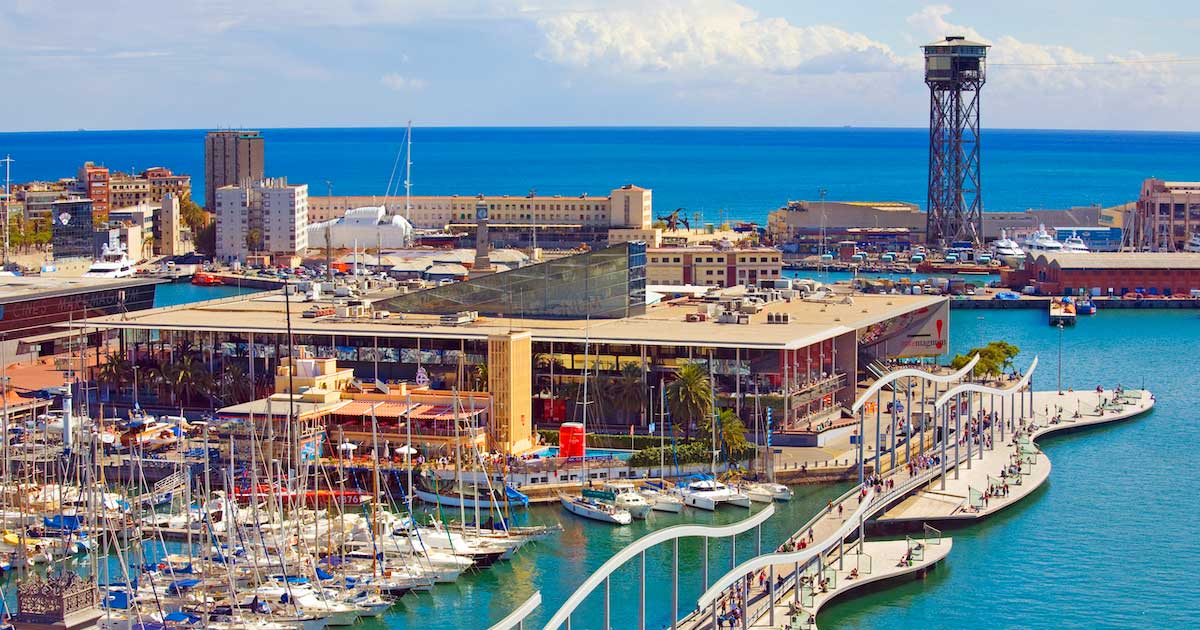Showing Operation Toussaint—a film it had commissioned on the group’s efforts—and distributing t-shirts and other giveaways to highlight its work, the company based in Boise, Idaho, encouraged attendees to donate to the nonprofit through a series of web pages it set up. The company matched the audience’s contributions dollar-for-dollar.
“We know the more light we shine on this horrendous evil, the more scared the traffickers will be to commit the crimes that keep children enslaved, and our reach and impact will be even greater than the children we personally rescue,” says ClickFunnels’ CEO Dave Woodward.
With discussion of efforts to fight human trafficking coming out from behind closed doors in the meeting and hospitality industry, creative approaches like this one, to raise awareness and aid survivors, are becoming more common.
In MPI’s latest Meetings Outlook survey, 46 percent of respondents said their organizations are taking part in activities to stop human trafficking, with an additional 22 percent saying they will do so in the future. The most common approach is training employees in the signs of human trafficking, reported by 17 percent of respondents. Networking with others to grow awareness was the next most popular tactic, used by 15 percent.
“More and more people ask about it and talk about it,” says Sian Lea, senior program manager at the Shiva Foundation, a corporate anti-trafficking foundation in the U.K. connected to Shiva Hotels that has created the “Stop Slavery Blueprint,” a toolkit for the hotel industry offering best practices and procedures to fight human trafficking. “It takes a few hotels to be the brave ones.” To bring them together, the hotel has created the Stop Slavery Hotel Industry Network, an industry group.
However, not every company is jumping on board. Among respondents to the survey, 32 percent said their organizations are not taking action and have no plans to do so.
And there is still a general lack of awareness in the industry about how the trafficking problem is being tackled. Among respondents, 66 percent said they are unaware of what is being done by planners in regard to fighting human trafficking; 68 percent of respondents are unaware of how hoteliers and venues are handling this.
Lea says one reason the survey detected lack of awareness may be lack of communication about existing efforts.
She believes that with the growing number of companies signed up for The Code, there is more anti-trafficking activity than members of the industry may be aware of. The Code is short for The Code of Conduct for the Protection of Children from Sexual Exploitation in Travel and Tourism, an initiative in the industry to provide awareness, support and tools to fight the sexual exploitation of children.
“It’s about communicating about it and being open and transparent,” Lea says.
At Meeting Professionals Against Human Trafficking, founder Sandy Biback, CMP Emeritus, CMM, says planners who want to learn more about the issue can reach out to groups such as ECPAT-USA (Ending Child Prostitution and Trafficking), based in Brooklyn, N.Y., or their local police department’s human trafficking division, if there is one.
But they can also do their own on-the-ground research, asking venues where they are booking business if they have a plan in place to prevent and report suspected trafficking.
“It’s about asking questions,” Biback says.
Biback’s group wants to make it as routine to address anti-trafficking efforts in contracts as it is to see the mention of environmental sustainability procedures.
“It’s called social responsibility,” she says.
One state where the fight against human trafficking is getting heightened attention is California, where two new laws are taking effect. AB260 requires, as of Jan. 1, that motels and hotels post the National Human Trafficking Hotline number in public view. SB970 requires human-trafficking awareness training among employees who are likely to interact with or come into contact with victims. The training must be completed by Jan. 1, 2020, for all workers employed as of July 1, 2019, and within six months for those hired after that date.
The San Diego Regional Human Trafficking Advisory Council/SCEC Advisory Council—which reports to the San Diego County Board of Supervisors—has been working with the city’s hotel industry to combat and prevent trafficking in recent years and is now helping hotels to implement the new laws.
The efforts go back to a 2016 symposium sponsored by the Board of Supervisors and San Diego District Attorney’s Office, where the organizers gave an overview of the issue and did a preview of free online training—the SAFE Action program, developed by the Sandra Day O’Connor Institute in Phoenix. Sixty hotels sent 350 employees.
“The San Diego area has over 550 hotels, so we recognized we had a long way to go,” says Ginger Shaw, vice chair of the San Diego Regional Human Trafficking Advisory Council, as well as executive director of California Against Slavery. She leads the Hotel/Motel Initiative with Deputy District Attorney Mary Ellen Barrett.
“We would love to have meeting planners continue to look to San Diego as a premier location, not only for our beautiful setting, great weather, restaurants and hotels, fun activities and multicultural ambiance, but because we are committed to providing a wholesome, healthy environment for our guests—a SAFE San Diego,” Shaw says.
The group followed up with “sweeps” where community volunteers personally visited an additional 100 area hotels, providing them with the same educational materials that attendees at the 2016 symposium received, she says.
The organizers have since formed another working group to explore how best to help local and corporate hotels fulfill the new laws. The group includes representatives from major hotel chains, the San Diego Hotel Motel Association and the San Diego Regional Chamber of Commerce, as well as the advisory council, nonprofits and the district attorney and city attorney’s office.
They are working on designing an industry-friendly poster; holding a training symposium for hotel management and security officers; developing a SAFE San Diego certification program, where hotels can earn a seal of approval after they have posted signs; developed a response protocol and trained 80 percent of their employees. They are also exploring the possibility of creating their own training videos.
Some in California’s hospitality industry are still uneasy about following the law’s mandate that they post the phone number for the human trafficking hotline at their front desks, for fear of making guests worry, according to Bianca Morales-Egan, senior program manager of human trafficking prevention at Project Concern International in San Diego and co-chair, with Shaw, of the Community Subcommittee on the San Diego Regional Human Trafficking/CSEC Advisory Council.
“That’s what we’re working through right now,” Morales-Egan says.



.jpeg?sfvrsn=96553155_2)



